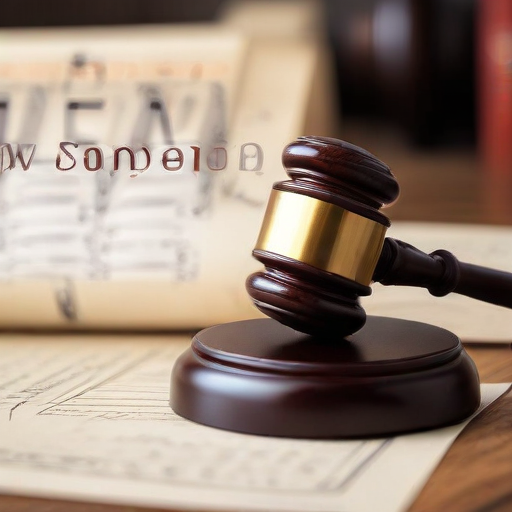Drake has initiated legal action against Spotify and Universal Music Group (UMG), alleging that the two companies coordinated efforts to enhance the streaming and radio performance of Kendrick Lamar’s song “Not Like Us.” This petition, submitted in New York, claims that UMG financially incentivized influencers and radio stations, and employed artificial means to boost the song’s visibility.
In the court documents, Drake highlights that UMG has a multi-year licensing agreement with Spotify, allowing the latter to pay a licensing fee that is reportedly 30% lower than typical. In exchange, UMG purportedly encouraged Spotify to prominently feature “Not Like Us” in user recommendations.
Drake also asserts that UMG may have implemented similar promotional tactics across other streaming services, such as Apple Music. He cites an instance where requests made to Siri to play his latest album, “Certified Lover Boy,” resulted in it playing “Not Like Us” instead. Additionally, he claims that UMG has dismissed employees who were believed to be loyal to him.
While Spotify and UMG have not provided immediate responses to these allegations, UMG has previously stated that the idea that they would undermine one of their artists is not only baseless but also offensive. They emphasized their commitment to ethical marketing and promotional practices, arguing that the music preferences of fans ultimately drive what gains popularity.
The rivalry between Drake and Lamar has intensified recently, with both artists releasing tracks filled with pointed messages aimed at one another. “Not Like Us” especially stands out, having dominated the Billboard Hot 100 for two weeks and accumulating over 900,000 streams on Spotify.
As Drake moves forward with his legal strategy, he seeks to uncover the identities of those UMG and Spotify allegedly compensated for promoting and streaming Lamar’s track, stating, “Every time a song ‘breaks through,’ it means another artist does not.” He contends that UMG’s focus on prioritizing “Not Like Us” detracts from opportunities available to other artists, including himself.
In summary, this legal dispute brings to light not only the competitive nature of the music industry but also raises questions about marketing strategies that could skew the landscape for competing artists. While tensions run high, this situation could also lead to greater transparency within the music promotion realm, benefiting artists and fans alike in the long run.
